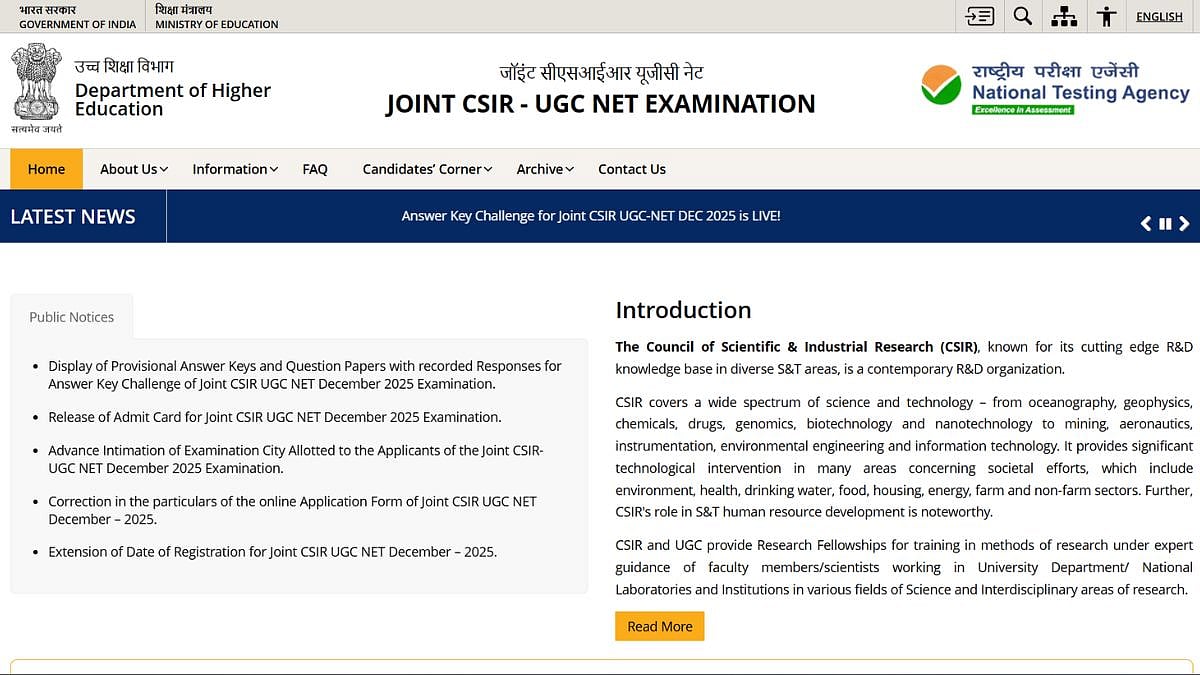If money is stressing you out, you're not alone. Financial stress can be overwhelming, and it's something that many people struggle with. But there is a way to achieve financial wellness and manage the stress and anxiety related to money. Financial wellness is all about having a healthy relationship with money. It's a state of being where you feel confident and in control of your finances. And it's important because financial stress can have a significant impact on your mental health, relationships, and overall well-being. There's a connection between financial wellness and stress, and it's not hard to see why. When you're struggling with money, it can feel like everything else in your life is out of control. But it doesn't have to be that way. With the right tools and strategies, you can achieve financial wellness and start living the life you want.
Recognising financial stress and anxiety
Understanding financial stress and anxiety is the first step towards achieving financial wellness. Financial stress and anxiety can stem from various sources such as unemployment, overspending, debts, or unexpected medical bills. It can lead to feelings of hopelessness, helplessness, and insecurity. You may feel overwhelmed by your finances and find it hard to concentrate on other aspects of your life.
Recognising the signs and symptoms of financial stress and anxiety is crucial. It can affect your mental and physical health, including headaches, high blood pressure, and insomnia. It can also lead to irritability, depression, and substance abuse. You may withdraw from family and friends or avoid tackling financial problems, leading to further stress and anxiety. The good news is that there are ways to manage financial stress and anxiety. The first step is to understand your financial situation. Analyse your income, expenses, and debts, and create a budget plan. Cut down on unnecessary expenses and prioritise paying off your debts. Building an emergency fund and saving for retirement can also ease the financial burden.
In addition to effective money management techniques, identifying triggers of financial stress and anxiety and practising stress-reducing activities can work wonders. Focusing on the present moment and reframing negative thoughts about money can also reduce anxiety.
Effective money management techniques
Money management techniques can be overwhelming, especially when it feels like there's never enough. It can be easy to fall into the trap of overspending and accruing debt, leading to increased stress and anxiety. But fear not, with a few key strategies, you can take control of your finances and achieve financial wellness.
Creating a monthly budget is a simple yet effective way to manage your money. Start by tracking your expenses for a month to identify areas where you can cut back. Then, create a budget that prioritises your essential expenses while leaving room for discretionary spending. Stick to your budget, and you'll be amazed at how much money you can save. Paying off debt can feel like an uphill battle, but it's essential to achieving financial wellness. Start by making a list of your debts and their interest rates. Focus on paying off the debts with the highest interest rates first while continuing to make minimum payments on the others. Remember, every little bit helps.
Building an emergency fund is crucial to financial wellness as unexpected expenses can quickly derail your financial goals. Start by setting a realistic savings goal and contribute a set amount to your emergency fund each month. Over time, your emergency fund will grow, giving you peace of mind that you're prepared for whatever life throws your way. Saving for retirement may seem like a far-off goal, but the earlier you start, the better off you'll be in the long run. Consider setting up a retirement account and contributing a percentage of your income each month. Remember, small changes can add up to significant results over time.
Strategies for coping with financial stress
It's no secret that financial stress can be overwhelming, but the good news is that there are ways to cope. The first step is identifying your triggers. Maybe it's checking your bank account or ignoring bills. Whatever it is, recognising these triggers can help you anticipate and manage your stress before it becomes too much. Now that you know your triggers, it's time to focus on stress-reducing activities. Instead of splurging on a shopping spree or a fancy dinner, try something more sustainable like meditation, exercise, or spending time outdoors. Not only will these activities reduce your stress, but they're also better for your bank account in the long run. Lastly, try to focus on the present instead of worrying about the future. It's easy to get caught up in what could go wrong, but remember that worrying won't change the outcome. Instead, focus on what you can control right now, like creating a budget or paying off debt. This will not only alleviate some of your stress but also set you up for a better financial future. Overall, coping with financial stress is about taking small steps towards a healthier money mindset. By identifying your triggers, engaging in stress-reducing activities, and focusing on the present, you can achieve financial wellness and reduce your anxiety about money.

Changing your money mindset
Let's face it: money can be a source of stress and anxiety for many of us. We all have negative self-talk when it comes to money, whether it's beating ourselves up for not saving enough or feeling like we'll never be able to pay off our debt. But the truth is, these negative thoughts don't do us any good. It's important to identify this negative self-talk and reframe those thoughts. Instead of focusing on what we don't have, we can focus on what we do have and be grateful for it. Practising gratitude can be a powerful tool for changing our money mindset. One way to reframe negative thoughts is to replace them with positive affirmations. A financial advisor or therapist can help you develop a plan to achieve financial wellness and provide support and guidance along the way. Remember, changing your money mindset is a journey, not a destination. It takes time and effort, but the benefits of achieving financial wellness are worth it.
Seeking professional help
Seeking professional help is a crucial step in achieving financial wellness. If you’ve tried to implement money management techniques and coping strategies, but still feel overwhelmed, then it might be time to seek professional help. Consider seeking professional help if you’re struggling with debt, have trouble sticking to a budget, or feel constant stress and anxiety about your finances. A financial advisor can assist you with creating a personalized plan to achieve your financial goals, while a therapist can help you work through any emotional issues related to money. It’s important to find the right professional for you. Look for someone who is experienced, trustworthy, and understands your unique circumstances. Don't be afraid to ask for referrals or conduct research before you commit to someone. Remember, seeking help is a sign of strength, not weakness.












